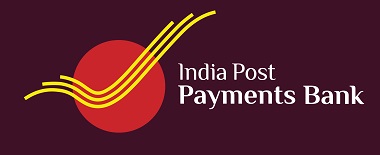IRS officers meet Dr Jitendra Singh, seek DoPT intervention
A delegation of the Indian Revenue Service (IRS) officers met the Union Minister of State (Independent Charge) for Development of North Eastern Region (DoNER), MoS PMO, Personnel, Public Grievances, Pensions, Atomic Energy and Space, Dr Jitendra Singh here today and sought intervention by Department of Personnel & Training (DoPT) for the clearance of backlog in promotions.
In a memorandum submitted by the members of delegation, it was pointed out that around 450 posts of Joint Commissioner / JAG level are lying vacant, but there are no officers eligible to be promoted because Recruitment Rules prescribe minimum residency of 5 years at Deputy Secretary level as eligibility criteria. Officers up to 2007 batch have already been promoted and therefore, they requested for relaxation of 9 months for gaining eligibility for the officers of 2017 batch who have been left out. The members of delegation sought Dr Jitendra Singh’s intervention so that the DoPT could take a holistic view of circumstances and grant relaxation for promotion to JAG / JC-IT.
Prominent IRS officers who led the delegation included Shri Rajesh Menon from Mumbai, Shri Anantharaman Aiyer from Delhi, Shri C.K. Singh and Shri B.K. Singh.
A delegation of the Indian Revenue Service (IRS) officers met the Union Minister of State (Independent Charge) for Development of North Eastern Region (DoNER), MoS PMO, Personnel, Public Grievances, Pensions, Atomic Energy and Space, Dr Jitendra Singh here today and sought intervention by Department of Personnel & Training (DoPT) for the clearance of backlog in promotions.
In a memorandum submitted by the members of delegation, it was pointed out that around 450 posts of Joint Commissioner / JAG level are lying vacant, but there are no officers eligible to be promoted because Recruitment Rules prescribe minimum residency of 5 years at Deputy Secretary level as eligibility criteria. Officers up to 2007 batch have already been promoted and therefore, they requested for relaxation of 9 months for gaining eligibility for the officers of 2017 batch who have been left out. The members of delegation sought Dr Jitendra Singh’s intervention so that the DoPT could take a holistic view of circumstances and grant relaxation for promotion to JAG / JC-IT.
Prominent IRS officers who led the delegation included Shri Rajesh Menon from Mumbai, Shri Anantharaman Aiyer from Delhi, Shri C.K. Singh and Shri B.K. Singh.











